Little House on the Prairie Audiobook Summary
The third book in Laura Ingalls Wilder’s treasured Little House series.
The adventures continue for Laura Ingalls and her family as they leave their little house in the Big Woods of Wisconsin and set out for the big skies of the Kansas Territory. They travel for many days in their covered wagon until they find the best spot to build their house. Soon they are planting and plowing, hunting wild ducks and turkeys, and gathering grass for their cows. Just when they begin to feel settled, they are caught in the middle of a dangerous conflict.
The nine Little House books are inspired by Laura’s own childhood and have been cherished by generations of readers as both a unique glimpse into America’s frontier history and as heartwarming, unforgettable stories.
Other Top Audiobooks
Little House on the Prairie Audiobook Narrator
Cherry Jones is the narrator of Little House on the Prairie audiobook that was written by Laura Ingalls Wilder
Cherry Jones won the Tony(r) Award for best actress for both The Heiress and Doubt, and received two Tony(r) nominations for her work in A Moon for the Misbegotten and Our Country’s Good; she can be seen in the films The Perfect Storm, Erin Brockovich, The Divine Secrets of the Ya-Ya Sisterhood, and Cold Mountain.
About the Author(s) of Little House on the Prairie
Laura Ingalls Wilder is the author of Little House on the Prairie
More From the Same
- Publisher : HarperCollins
- Coraline
- Little House on the Prairie
- Little House in the Big Woods
- On the Banks of Plum Creek
- Farmer Boy
Little House on the Prairie Full Details
| Narrator | Cherry Jones |
| Length | 5 hours 45 minutes |
| Author | Laura Ingalls Wilder |
| Category | |
| Publisher | HarperCollins |
| Release date | February 07, 2017 |
| ISBN | 9780060754204 |
Subjects
The publisher of the Little House on the Prairie is HarperCollins. includes the following subjects: The BISAC Subject Code is General, Historical, Juvenile Fiction, United States
Additional info
The publisher of the Little House on the Prairie is HarperCollins. The imprint is HarperCollins. It is supplied by HarperCollins. The ISBN-13 is 9780060754204.
Global Availability
This book is only available in the United States.
Goodreads Reviews
Miranda
December 09, 2020
“There's no great loss without some small gain.” If only we lived and loved in Laura's time...I get hugely nostalgic for every time I read the Little House books. One of my favorite aspects about this series is that Wilder writes these novels in such a way that I feel like I lived through them. In the West the land was level, and there were no trees. The grass grew thick and high. There the wild animals wandered and fed as though they were in a pasture that stretched much farther than a man could see, and there were no settlers. Laura and her family left behind their little cabin in Wisconsin and set off for new lands and new adventures. The Ingalls struggle to carve out a life for themselves while still celebrating the small accomplishments and triumphs of prairie life. They settle in Indian Country and we get a not-quite-politically-correct six-year-old's point of view. Some of Laura's realizations and desires seem so out-of-wack for a children's book. For example, she becomes obsessed with seeing a little papoose (an Indian baby) and when she finally sees one - she quickly realizes that seeing one was not enough. “Pa, get me that little Indian baby … Oh, I want it! I want it! … Please, Pa, please!” This is a smallish part of the book but it definitely gave me a start. One hand there is the blatant racism purported by her parents and herself...but on the other hand, Wilder didn't sugar coat the views and opinions she grew up with. Despite the racism of the times, Laura's elegant, yet simple words bring such a profound sense of wonder and adventure to life in a one room cabin. Rereading it now, I still get the same joy as I did from the first time. There's just something so timeless and beautiful about Laura's books.Audiobook CommentsRead by Cherry Jones and accompanied by Paul Woodiel on the fiddle. Such an amazing audio to listen to - highly recommended.YouTube | Blog | Instagram | Twitter | Facebook | Snapchat @miranda_reads
Michael
September 28, 2017
I recently read this to my young son, and he couldn't get enough. He's a kid who loves nothing more than to spend all day in the woods building forts, so perhaps it's not surprising that he took to this book. It's a marvelous adventure story that left me in awe of the sheer indefatigable competence of this family. The relationship of the family to the natural world--the great prairie that they move to--is fascinating, as is their relationship to the Indians. Then again, "fascinating" did, on a rare occasion, turn into something overtly racist in the case of the Indians. I struggled with what to do about those passages. They were mostly the characters speaking, so one approach would have been to read it and then pause to critique, but I wasn't sure my son was quite old enough to appreciate that. So I took the easy way out. I skipped over those passages. I'm still uncertain whether this was the right thing to do. Perhaps in the future we'll revisit this and can have a fuller discussion.
Ahmad
November 28, 2020
Little House on the Prairie (Little House, #3), Laura Ingalls WilderThe adventures continue for Laura Ingalls and her family as they leave their little house in the Big Woods of Wisconsin and set out for Kansas. They travel for many days in their covered wagon until they find the best spot to build their little house on the prairie. Soon they are planting and plowing, hunting wild ducks and turkeys, and gathering grass for their cows. Sometimes pioneer life is hard, but Laura and her folks are always busy and happy in their new little house.تاریخ نخستین خوانش: سال 1994میلادیعنوان: خانه کوچک؛ نویسنده: لورااینگالز وایلدر؛ مترجم: شهرام پاشاوزیری؛ تهران نشر ونداد، 1363، چاپ دوم پیک فرهنگ، 1367؛ در 271ص؛ چاپ سوم، تهران، اشکان، 1370، موضوع یادمانهای نویسندگان ایالات متحده امریکا - سده 20معنوان: خانه کوچک؛ نویسنده: لورااینگالز وایلدر؛ مترجم: مهرداد مهدویان؛ تهران، قدیانی، کتابهای بنفشه؛ 1385، در 264ص، مصور، شابک 9789644176319؛ چاپ دوم 1386؛ چاپ سوم 1389، چاپ چهارم 1391، در 264ص؛ شابک 9789645366245؛ چاپ پنجم 1391؛چاپ ششم 1393؛ چاپ هفتم 1396؛ چاپ دیگر 1398؛ در 333ص؛ شابک 9786000802868؛عنوان: کلبه ی کوچک در جنگل بزرگ؛ از لورااینگالز وایلدر؛ مترجم: کاظم فائقی.؛ تبریز، یاران، 1370؛ در 96ص؛کتاب سوم، با عنوان «خانه ای کوچک در چمنزار»، وقتی پدر تصمیم میگیرد کلبه خانواده را در جنگل بفروشد، خانواده به «کانزاس» نقل مکان میکند، جاییکه پدر خانه ای کوچک در چمنزار برایشان ساخته است.؛ زندگی در چمنزار با جنگل متفاوت است، ولی «لورا» و خانواده اش خود را با زندگی جدیدشان سرگرم و شاد میکنند.؛ تاریخ بهنگام رسانی 08/09/1399هجری خورشیدی؛ ا. شربیانی
Tatiana
July 18, 2016
So entertaining and so racist.Is this the book where we start to learn how flawed Ma and Pa really are? Pa is certainly a happy-go-lucky guy with no foresight - taking his wife and daughters away from their family into the middle of nowhere (which by the way belongs to Indians), almost getting them drowned, burned and sick of malaria. And Ma, only concerned with propriety and never saying "no" to Pa's foolish ideas. I'd be really worried to be married to someone like Pa, even though he plays his fiddle well and is handy with an axe.
Laurel
June 22, 2008
I am a fan of the Laura Ingall's Wilder books, and I am enjoying them even more as an adult, sharing them with my daughter. This one moved a bit more slowly than Little House in the Big Woods, but I was still fascinated. I can hardly imagine a life so primitive. Some say Pa was crazy for moving his family away from the Big Woods where they had a solid footing, but the settler's spirit is responsible for the growth and development of our country and is still the heart of the American way. Who doesn't look to better the situation of their family even when it means stepping into the unknown? Mrs. Wilder's detailed descriptions of the hard work and difficulties fill me with awe and respect. It was such a different world in so many ways, but still I can relate to the deep family love and commitment that shines through on every page.A word about some reviews knocking her for her politically incorrect treatment of Native Americans: We can and should be disturbed by history. It can at times seem unfair, ugly, and even wrong; however, ignoring it or rewriting it to suit our current cultural standard is ignorant. The truth is, during this period of history there are no easy answers regarding settlers and Indians. There was fear, distrust, and wrong-doings on both sides. Her description is historically accurate. It is how she really saw it. I do not think we would do our children any service by sugar-coating history as some reviewers seem to argue. It is by struggling with the injustices of the past that we invaluably inform our judgements and actions regarding the complex questions of today. Please let us not rob our children of the hard truth. Let us give them knowledge and experience and arm them to do better and be better today.
Wee
October 31, 2022
A lovely written, and yet strangely sad book.
Chantal
January 25, 2023
When I was a child, we used to watch the tv series an episode at the time. Every day after school we got to see 1 episode. I never read the books only book 1 a few months back, but I have to say I liked book 2 more. The book is a realistic view of the time being. I could not put it down when I started it. This time I had the idea it could also be for grown ups. Up to book 3.This book is in the 1001 Children's Books You Must Read Before You Grow Up challenge I am doing.
Beth
August 07, 2007
I can vividly remember the first time I read this book. I was sleeping over at my best friend Mary's house when I was about seven or eight years old. She lived next door to me. Her family always slept with their attic fan on, and with a radio in each bedroom tuned in to a country station. This was strange to me, as nights at my house were totally quiet. Plus, I was a little freaked out at spending the night away from home, because I hadn't really done that very much at that point in my life. So, the noise and the mild homesickness added up to a sleepless night for little Bethie. So, after Mary went to sleep, I picked up "Little House on the Prairie" off her bookshelf. I'm not sure how she came to own that book, as she wasn't much of a reader. Anyway, by the time she got up the next morning, I was finishing up the last pages, and I was hooked on Laura Ingalls Wilder. That wouldn't be the last time I stayed up all night reading a great book.
Janssen
March 21, 2016
This book just made me feel like the laziest person in the universe. When I have a day where I'm hurt and can't do any "real" work, I don't build a rocking chair.
Jane
December 30, 2013
Where I got the book: my daughter's bookshelf.Finally did it, folks. Read that American childhood classic everyone else but me seems to have read. Of course I didn't grow up in America so I have an excuse!And I liked it. Almost ran upstairs for the next one. Sure, the Indians are portrayed as savages who steal and threaten, and the Ingalls family (who had set up housekeeping illegally in the Indians' territory) make absolutely no attempt to understand or really communicate with them. But that's a pretty typical portrayal of the mindset of white settlers, who believed in their Manifest Destiny to overrun the land, that the only good Indian was a dead Indian, that they were biologically superior and that they would "improve" the land they lived on. All books written in the 19th and early 20th centuries reflect those unpalatable attitudes; our 21st century attitude is to feel outraged because we consider ourselves superior to our ancestors, but I don't suppose many of us would seriously consider inviting the tribes back into our suburbs. Perhaps our great-grandchildren will.And if the Ingalls family were anything to go by, those settlers were as ballsy as they were naive. They appear to have survived that year on the prairie mostly by dumb luck. If nothing else, this little book gives you an idea of the difficulties and dangers of homesteading and portrays just how frightening the plains must have appeared to the hapless women and children who got dragged into their menfolk's big adventure. I bet Ma Ingalls breathed a huge sigh of relief as they left the Little House behind.
ruzmarì
May 19, 2007
I scrolled quickly down the page and noticed that nobody has much to say about this novel. What _is_ there to say about Laura Ingalls Wilder's fiction/memoir accounts of growing up in the period of American expansion and homesteading? A lot - at least 7 volumes' worth, in Ingalls Wilder's own series. It's easy to categorize Ingalls Wilder's series as "children's" literature, but her books are also documents of an indomitable feminine spirit, a woman's relation of the American experience in a time when "high" literature focuses only on the cities of the East, dismissing the westward push as fledgling cities of the plain.But there is nothing plain about the Little House books. Through Laura's eyes, we see the 19th century experience firsthand. The advent of the railroad, and early communications technology. The raw human communities that form around open space and the need for solidarity in times of hardship. We see petty jealousies and lifetime friendships, suffering and triumph, death and birth. We see the process of taming the wild land to make a working farm, and the struggle to build a functional home for a growing family, out there in the middle of nothing but prairie. Governmental decisions and big-scale events are mediated through the child's point of view - this is not "hard history," but rather history made intimate, a "this is how we lived it" reel, history that grows more perceptive and subtler as the narrator grows up.
Karen
June 19, 2021
My reread as an adult. Absolutely terrifying scenes washed through the eyes of a child in a settler family, having been recalled by herself as an old woman.Also, abolutely beautiful scenes of the prairielands of the US (Kansas? Missouri?) as the ethnic cleansers first encountered them. Charles Ingalls could build a log cabin out of any group of trees he could find (let the deforestation of the creeklands commence), build a chimney, dig a well, and blithely expose his children to all manner of dangers in the hopes of becoming a rich and prosperous farmer. The one thing you can say for Charles and Caroline is that they had no wish to resort to capturing or killing other people - but over the course of the book the children nearly die of : drowning while crossing a river, wolf attacks (the wolves' natural prey of bison having been wiped out by the vanguard of ethnic cleansers), malnutrition (fortunately Ingalls met a man with a cow), malaria (watermelons? and they are saved by an African-American doctor) prairie fire, backlash massacre (which Caroline rightly fears) from the population they are telling to "move on". Never mind, that plowing up all of that lush prairie grass will lead to massive erosion of topsoil and the Dust Bowl event 60 years later. Are we all always so short-sighted in our own participation in dreadful historical progressions?I loved these books as a child - but this volume in particular needs to be examined under the broader scope of history.There is open and frank racism with some nuance. An Osage man becomes the one named "Indian" who has undoubtedly saved their lives. Laura records her child-feelings accurately. For me, there is an undercurrent of melancholy and time which often is a portent of great art, augmented by my adult knowledge that it will all be a spectacular and misguided failure. (At the same time, the Wilder family in New York, who owned the sort of prosperous farm Ingalls dreamt of, is experiencing economic devastation that will drive them West - where Laura and Almanzo will later meet -- not in this book - but now within my adult comprehension.)None of these things detracted from my pleasure in the rereading.I am not normally given to sentimentality, but 50 years later, the meeting of Mr. Edwards with Santa Claus still makes me weep.And - Jack was a good dog.
Sarah
December 07, 2022
Book number three is the first in the series to give me serious nostalgia, possibly only because of its title. I watched Little House religiously in syndication, and I remember thinking Michael Landon was like a more communicative version of my own kind dad - I loved how he threw back his head when he laughed. Of course, fast forward a few years, and my thoughts transferred from Pa to Sully, on Dr. Quinn, Medicine Woman, who was a total feminist in addition to being a drop-dead gorgeous mountain man. I watched that show religiously as it aired, asking Jesus to forgive me for all the naughty bedtime thoughts I was having about this man (how could I help myself, really?): Okay, I’ve officially digressed… In Little House, the family endures many harrowing subplots while settling in Kansas: fording a creek (that suddenly rises) and almost dying, catching malaria and almost dying, setting the chimney on fire and almost dying, being in the middle of a prairie fire and almost dying, being the focus of Native American war cries and almost dying. Really, the Native American relations focus of this book is pretty tricky. And while Laura Ingalls Wilder doesn’t outright defend the rights of Indigenous people, which is a missed opportunity, she does raise the issue through little Laura in an intense scene with her father: Pa said, “When White settlers come into a country, the Indians have to move on. The government's going to move these Indians farther west any time now. That's why we're here, Laura. White people are going to settle all this country, and we get the best land because we got here first and get to take our pick. Now do you understand?”“Yes, Pa,” Laura said, “But Pa, I thought this was Indian territory. Won’t it make the Indians mad to have to…” “No more questions, Laura,” Pa said firmly, “Go to sleep.” (view spoiler)[The whities do get kicked off Osage Nation land at the end of the story, though, so that’s something. (hide spoiler)]Since this is a pioneer-type situation, book three is about 60% homesteading work descriptions, 20% near-death experiences, and 20% family bonding exercises. I thoroughly enjoyed this one.Book/Song Pairing: Old Dan Tucker (Bruce Springsteen)["br"]>["br"]>["br"]>["br"]>["br"]>["br"]>["br"]>["br"]>["br"]>["br"]>["br"]>["br"]>["br"]>["br"]>["br"]>["br"]>["br"]>["br"]>["br"]>["br"]>["br"]>["br"]>["br"]>["br"]>
Most Popular Audiobooks
Frequently asked questions
Listening to audiobooks not only easy, it is also very convenient. You can listen to audiobooks on almost every device. From your laptop to your smart phone or even a smart speaker like Apple HomePod or even Alexa. Here’s how you can get started listening to audiobooks.
- 1. Download your favorite audiobook app such as Speechify.
- 2. Sign up for an account.
- 3. Browse the library for the best audiobooks and select the first one for free
- 4. Download the audiobook file to your device
- 5. Open the Speechify audiobook app and select the audiobook you want to listen to.
- 6. Adjust the playback speed and other settings to your preference.
- 7. Press play and enjoy!
While you can listen to the bestsellers on almost any device, and preferences may vary, generally smart phones are offer the most convenience factor. You could be working out, grocery shopping, or even watching your dog in the dog park on a Saturday morning.
However, most audiobook apps work across multiple devices so you can pick up that riveting new Stephen King book you started at the dog park, back on your laptop when you get back home.
Speechify is one of the best apps for audiobooks. The pricing structure is the most competitive in the market and the app is easy to use. It features the best sellers and award winning authors. Listen to your favorite books or discover new ones and listen to real voice actors read to you. Getting started is easy, the first book is free.
Research showcasing the brain health benefits of reading on a regular basis is wide-ranging and undeniable. However, research comparing the benefits of reading vs listening is much more sparse. According to professor of psychology and author Dr. Kristen Willeumier, though, there is good reason to believe that the reading experience provided by audiobooks offers many of the same brain benefits as reading a physical book.
Audiobooks are recordings of books that are read aloud by a professional voice actor. The recordings are typically available for purchase and download in digital formats such as MP3, WMA, or AAC. They can also be streamed from online services like Speechify, Audible, AppleBooks, or Spotify.
You simply download the app onto your smart phone, create your account, and in Speechify, you can choose your first book, from our vast library of best-sellers and classics, to read for free.
Audiobooks, like real books can add up over time. Here’s where you can listen to audiobooks for free. Speechify let’s you read your first best seller for free. Apart from that, we have a vast selection of free audiobooks that you can enjoy. Get the same rich experience no matter if the book was free or not.
It depends. Yes, there are free audiobooks and paid audiobooks. Speechify offers a blend of both!
It varies. The easiest way depends on a few things. The app and service you use, which device, and platform. Speechify is the easiest way to listen to audiobooks. Downloading the app is quick. It is not a large app and does not eat up space on your iPhone or Android device.
Listening to audiobooks on your smart phone, with Speechify, is the easiest way to listen to audiobooks.

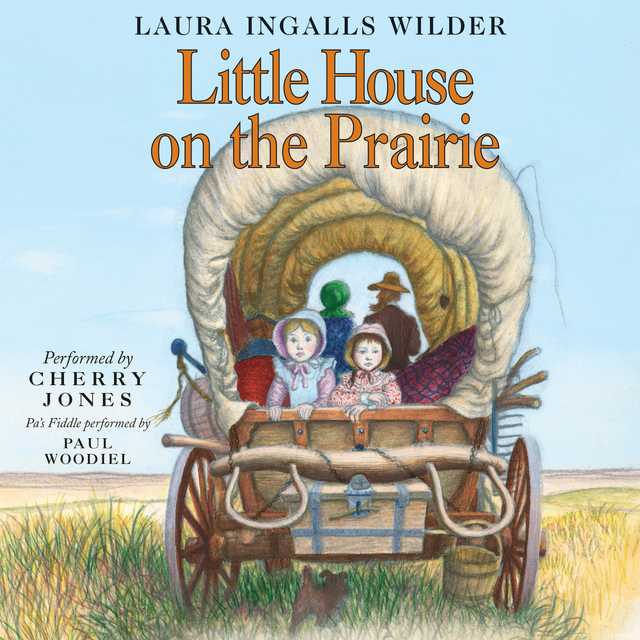









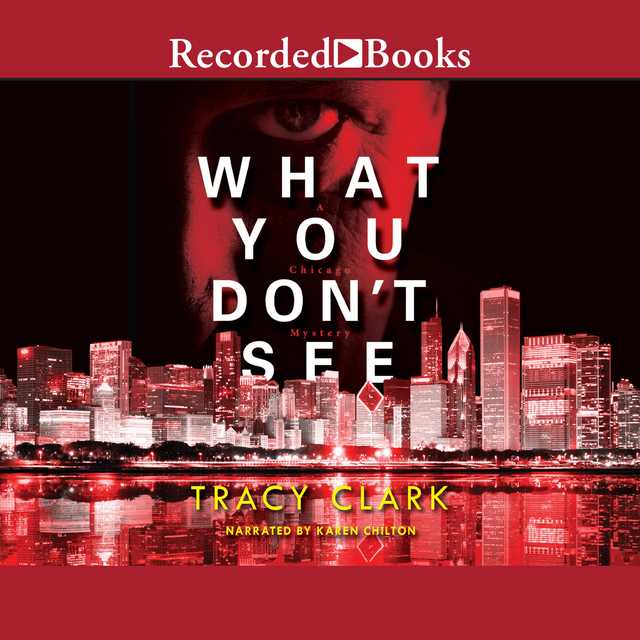
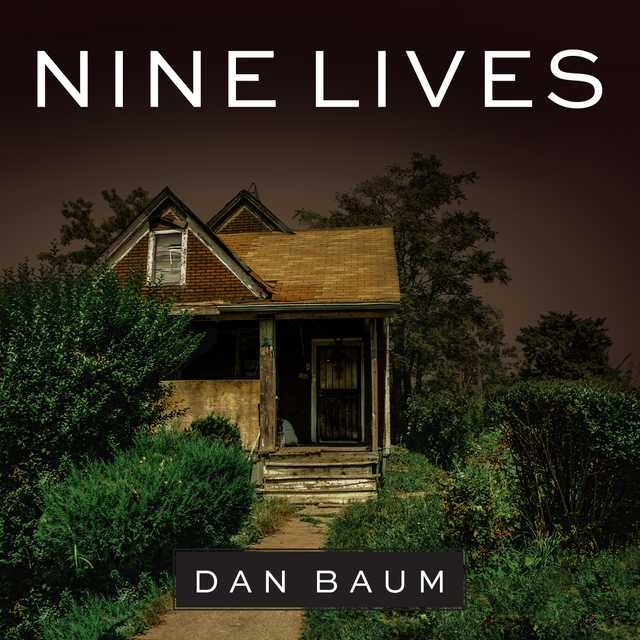
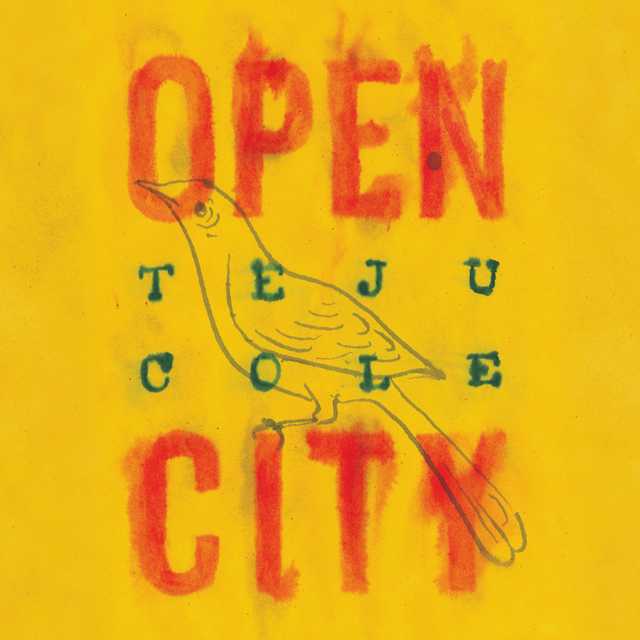
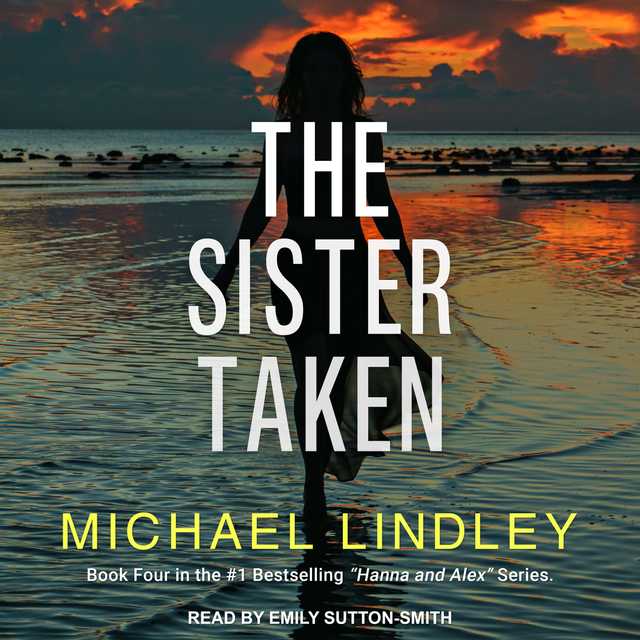
![Battle of the Mountain Man [Dramatized Adaptation]](https://speechify.com/audiobooks/wp-content/uploads/sites/29/2023/06/pr_eaudio_9781648806032_640px.jpg)














